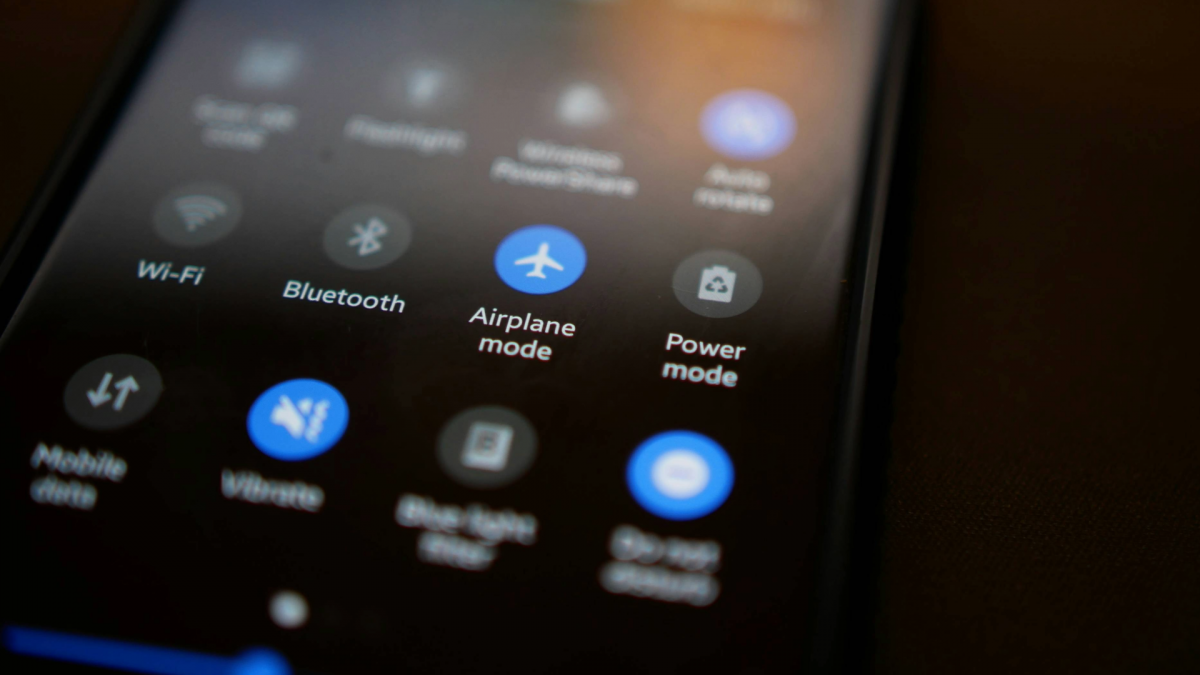
Nobody does it, but turning off your phone's Wi-Fi when you leave the house is essential: these are the keys to improving your smartphone security
GVTech News Nobody does it, but turning off your phone's Wi-Fi when you leave the house is essential: these are the keys to improving your smartphone security
Not many people know this, but turning off Wi-Fi when you leave the house is essential. Here's how a simple gesture can boost smartphone security and protect your privacy.
Simple but limiting advice
Smartphones have become an extension of our daily lives, we are constantly using them for anything and everything. However, although these devices are very convenient, they also pose risks to our privacy. How many times have you unintentionally consumed your mobile data at home thinking you're connected to a Wi-Fi network?? Users often underestimate the importance of automatically connecting to wireless networks, which can compromise the security of our smartphones without us even realizing it.
The first reaction to the fear of consuming mobile data instead of Wi-Fi at home is to leave the Wi-Fi function on all the time. Whether it's out of fear of losing connection or simple forgetfulness, keeping your phone constantly scanning for wireless networks is a risky idea.. It's not just about unnecessary battery consumption, as modern smartphones don't use a lot of power for this function. The real problem is security.
Constantly scanning for or connecting to wireless networks just because they don't require a password, or because we've already saved them automatically, is a questionable practice. Although this is not a problem most of the time, this opens the door to potential security breaches on your device. These risks increase as you connect to more Internet connection points. By increasing the number of these connections, you are inadvertently sharing your phone's information with more networks, exposing your location at all times. If you check in at a local coffee shop, the gym, and then the supermarket, others will likely be able to subconsciously track your location as you walk around.
Turn off Wi-Fi at all costs!
All smartphones provide the option to turn off Wi-Fi by accessing the drop-down menu once your phone is unlocked. However, this is not enough. This not only disables it visually, but also removes all wireless connections you were connected to in the past, except those you consider essential. The fewer networks you have saved, the less your phone will be exposed to potential problems.
For Android users, it is necessary to combine removing unnecessary networks with an additional step. These systems use both Wi-Fi and Bluetooth to determine locationAnd there is an important feature that deserves special attention: even when you manually turn off these services, your phone will still be able to scan for nearby networks or devices. It is necessary to uncheck both options, which you will find in Settings under “Location”.
If you don't have enough data for worry-free use away from home, it's a good idea to check your usage and plan. If you're just planning to listen to music on Spotify, do some Google searches, and send messages on WhatsApp, you probably don't need Wi-Fi. However, if you want to connect to a public network, It is best to have a VPN installed on your phone. Hence Google provides a free VPN in its pixels.
A VPN, or virtual private network, creates a secure, encrypted connection between your device and the server you're connected to. This protects your data from prying eyes, and provides an extra layer of security when using public Wi-Fi networks. Additionally, you can configure your phone to enable Wi-Fi only in specific locations, even if that means sharing your location all the time. While this may come as a concession to some, operating systems like iOS and Android generally offer several solutions to address privacy and security issues.'. However, the default configuration does not always guarantee adequate protection in this context.

“Incurable web evangelist. Hipster-friendly gamer. Award-winning entrepreneur. Falls down a lot.”
